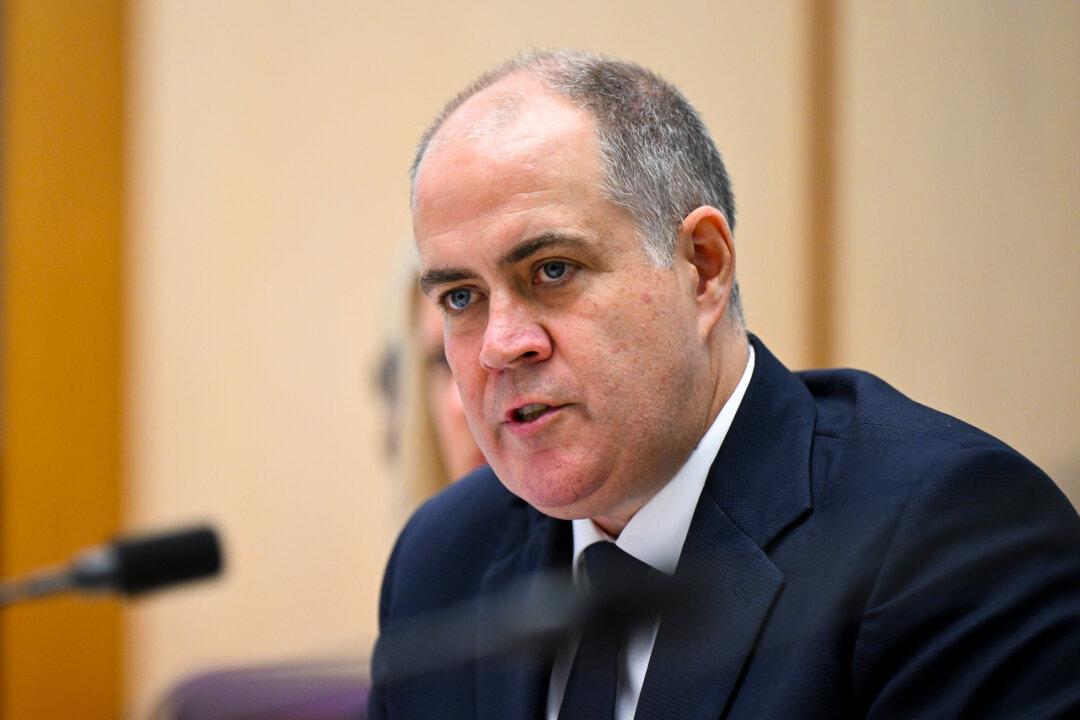The Australian Broadcasting Corporation has been questioned about its use of TikTok to promote a news story deemed to have anti-Israeli bias.
During a Senate Committee hearing on Feb. 13, Liberal Senator Hollie Hughes asked ABC Managing Director David Anderson about the company’s coverage of the contentious Palestinian-led BDS (boycotts, divestments, and sanctions) movement.




